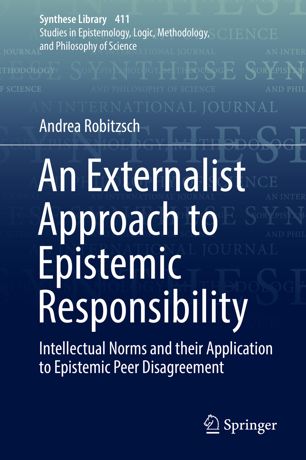

Most ebook files are in PDF format, so you can easily read them using various software such as Foxit Reader or directly on the Google Chrome browser.
Some ebook files are released by publishers in other formats such as .awz, .mobi, .epub, .fb2, etc. You may need to install specific software to read these formats on mobile/PC, such as Calibre.
Please read the tutorial at this link: https://ebookbell.com/faq
We offer FREE conversion to the popular formats you request; however, this may take some time. Therefore, right after payment, please email us, and we will try to provide the service as quickly as possible.
For some exceptional file formats or broken links (if any), please refrain from opening any disputes. Instead, email us first, and we will try to assist within a maximum of 6 hours.
EbookBell Team

0.0
0 reviewsThis monograph provides a novel reliabilist approach to epistemic responsibility assessment. The author presents unique arguments for the epistemic significance of belief-influencing actions and omissions. She grounds her proposal in indirect doxastic control.
The book consists of four chapters. The first two chapters look at the different ways in which an agent might control the revision, retention, or rejection of her beliefs. They provide a systematic overview of the different approaches to doxastic control and contain a thorough study of reasons-responsive approaches to direct and indirect doxastic control.
The third chapter provides a reliabilist approach to epistemic responsibility assessment which is based on indirect doxastic control.
In the fourth chapter, the author examines epistemic peer disagreement and applies her reliabilist approach to epistemic responsibility assessment to this debate. She argues that the epistemic significance of peer disagreement does not only rely on the way in which an agent should revise her belief in the face of disagreement, it also relies on the way in which an agent should act.
This book deals with questions of meliorative epistemology in general and with questions concerning doxastic responsibility and epistemic responsibility assessment in particular. It will appeal to graduate students and researchers with an interest in epistemology.